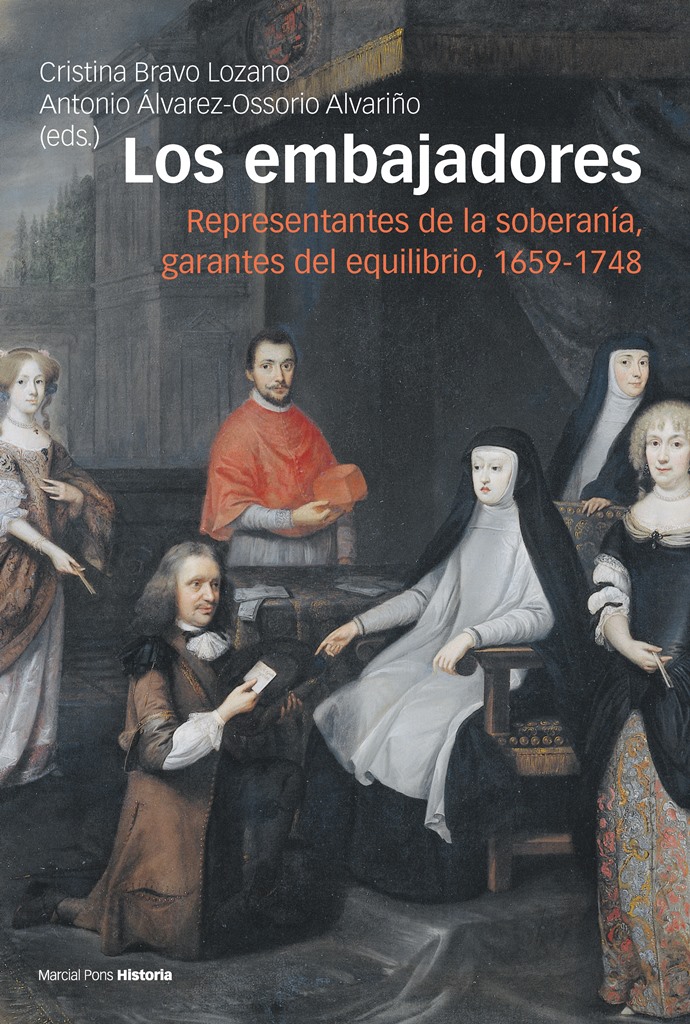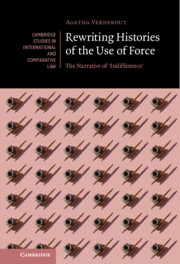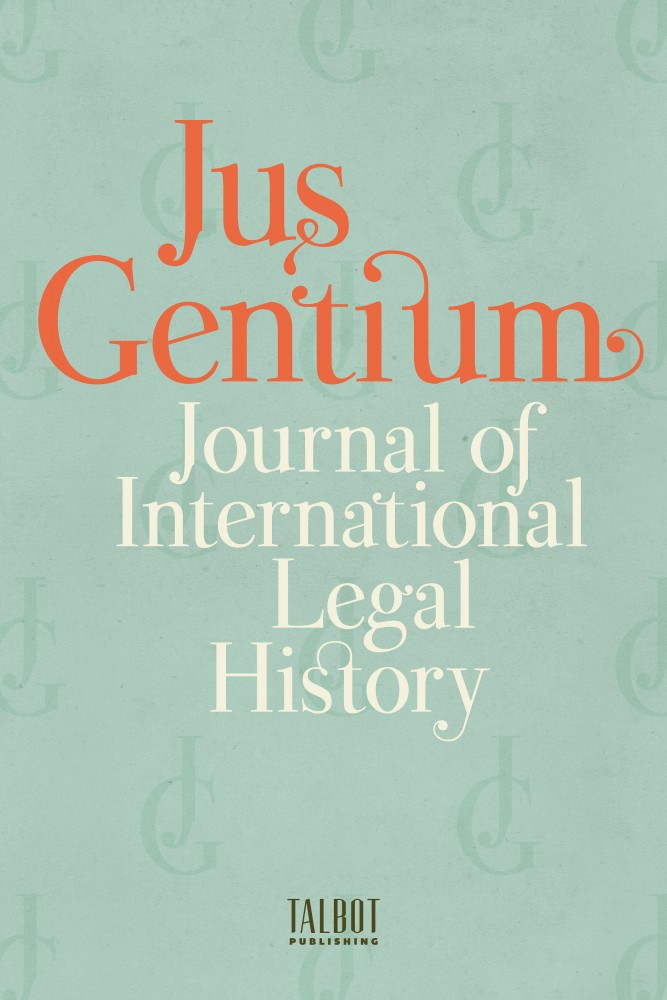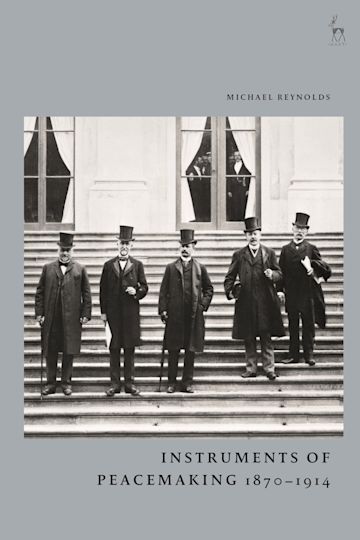Abstract:
Attempts to legally tackle cases of historical injustice are often confronted with the problem that the events in question were not considered illegal at their time and that, in general, legal rules should not be applied retroactively. The present article suggests a conceptual framework to carefully stretch the dogmas of intertemporal law by introducing, via ethical principles as part of positive law of the time, contemporary contestation of inhumane actions and practices. Even though such contestation might not yet be enough to overturn a widely shared apologetic view among lawyers and states, it is argued that the violation of ethical-legal principles as such should give rise to a duty to give satisfaction under the law of state responsibility. In most cases of historical injustice brought to court, members of victimized groups aim at acknowledgment of their plight and at a reappraisal of the past that includes their experiences. In line with this objective, the present article makes a special case for a state obligation to negotiate with the victims of historical injustice or their descendants.
(read more here: DOI 10.1093/ejil/chab037)




.jpg)



